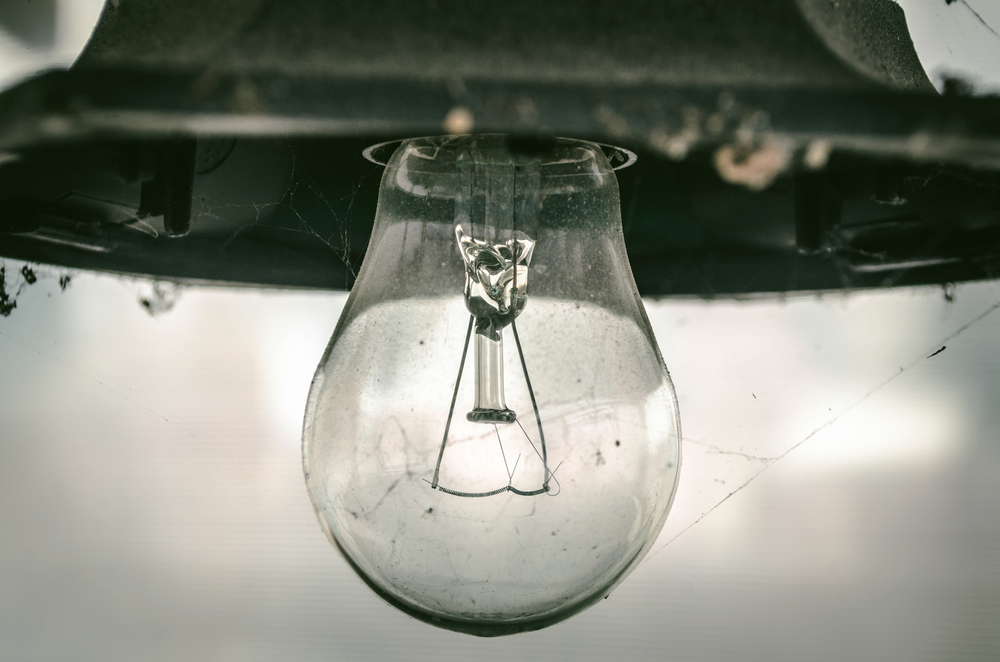
For many, electricity is a mystery. Considering the danger inherent in electricity, it is common for people to play it safe and ask questions rather than go tinkering about their home’s electrical system. Here are some of the most frequently asked questions posed to electricians, along with their corresponding answers:
1. Is there a difference between a fuse and circuit breaker?
They both perform the same function, disrupting the flow of electricity when a fault is sensed. A fuse will have to be replaced once it has tripped, whereas a circuit breaker won’t need replacement. It is for this reason that circuit breakers are more commonly used.
2. What does the term “short circuit” mean?
When a wire carrying an electrical current comes into contact with the grounded conductor wire, or the equipment ground wire, excessive heat is created. If you see sparks in your electrical panel, you’ve likely witnessed a short circuit and you should have it checked by an electrician.
3. What is a GFCI outlet?
This type of electrical outlet is designed to protect you from electrical shock if moisture is present. They are commonly found in bathrooms, kitchens, outdoor outlets and garages. They feature test/reset buttons. Depress the “test” button to turn off the GFCI. The “reset” button turns it back on after it has tripped. If it doesn’t reset, you’ve got a problem and will need an electrician.
4. Why do my light bulbs blow out frequently?
There are several reasons this could be occurring. However, one particular reason that should be ruled out, for the sake of fire safety, is overheating. A light fixture with poor airflow design will result in excessive heat buildup around the bulb. Having to replace bulbs again and again is not just an inconvenience, it’s also a fire hazard. Have your light fixtures inspected by an electrician if you notice that bulbs are constantly blowing out.
5. Is my electrical panel unsafe?
An outdated electrical panel, often found in older homes, isn’t designed to meet the electricity demands of modern living. Today’s families love their appliances and electronics. If your home’s electrical panel is less than 200 amps, it’s time to enter the modern age with an upgrade.






